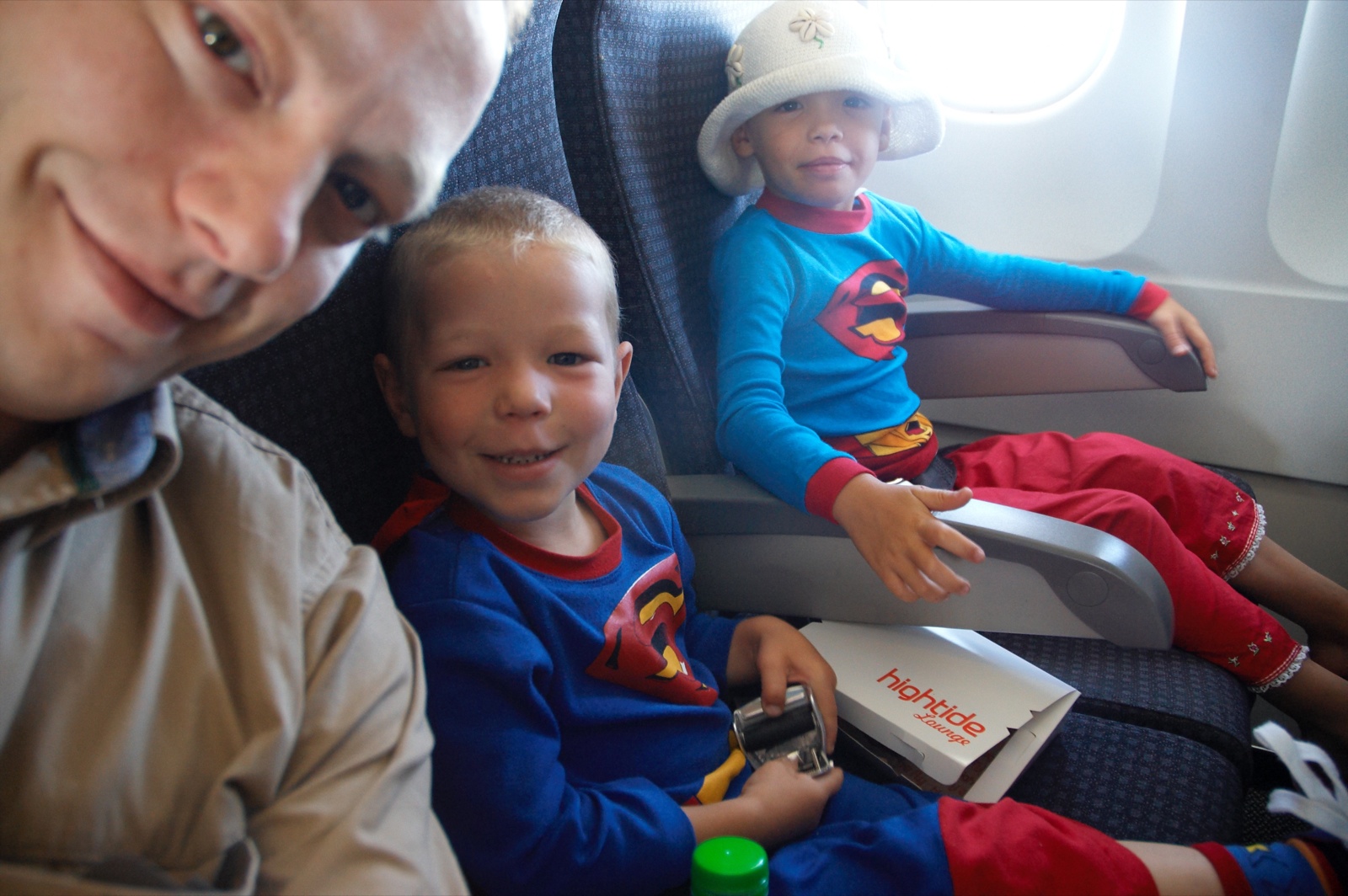Recently I starting working with a 7 year-old boy who had trouble with his R sound, a very common situation in my practice. After the initial intake session the boy’s mother asked me about any strategies or suggestions for explaining his challenge to the boy’s younger sister, who was able to perfectly articulate R and all other speech sounds. “How do I talk to her about speech challenges?” I think I gave mom a good idea, in an off-the-cuff way, but it did get me thinking about how parents could be better equipped to explain to their kids about the best way for them to think about a speech challenge in a friend or family member. The name of the game here is empathy and the more we can foster this sense of empathy, no matter the severity of that speech challenge, the easier we can make the process of speech therapy. Therapy doesn’t just occur in the clinician’s office or in the school speech room, it also happens among friends and family members.
Will My Child Outgrow His Speech Challenge?
Speech Therapist
Gordy Rogers, M.S. CCC-SLP, Co-founder and Chief Scientific Officer of Speech Buddies.
This week’s post comes to us from our own Gordy Rogers, M.S. CCC-SLP, co-founder and Chief Scientific Officer of Speech Buddies, Inc., the makers of Speech Buddies Tools, as well as the owner of Brooklyn Speech Solutions, PLLC, a private practice in Brooklyn, New York.
Will my child outgrow his speech challenge? This question not only nags at all parents who are faced with addressing a child’s speech challenge, but is one that speech-language pathologists (SLPs) must seriously consider before beginning treatment. This post aims to shed some light on this often murky question and to arm parents with better information so that they may be more informed partners in the treatment decision-making process.


